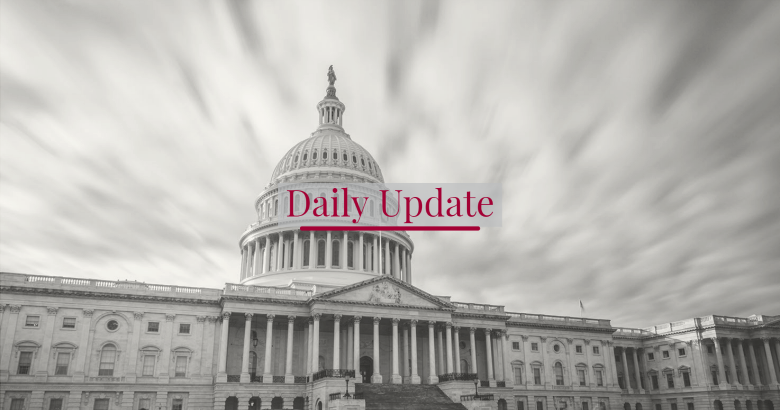Tax Relief to Hurricane Ida Victims
Updated January 3, 2022:
The IRS has provided tax relief to Hurricane Ida victims in parts of New York and New Jersey. Individuals and businesses in the disaster area now have until February 15, 2022, extended from January 3, 2022, to file various individual and business tax returns and to make tax payments.
The updated relief covers the entire states of Louisiana and Mississippi, as well as parts of New York, New Jersey, Connecticut and Pennsylvania. The current list of eligible localities is always available on the Around the Nation section of the disaster relief page on IRS.gov.
The updated relief postpones various tax filing and payment deadlines that occurred starting on dates that vary by state:
•Aug. 26, 2021 for Louisiana,
•Aug. 28, 2021 for Mississippi,
•Aug. 31, 2021 for Pennsylvania (Bucks, Chester, Delaware, Montgomery, Philadelphia and York counties); and
•Sept. 1, 2021 for New York, New Jersey and Connecticut.
In New York, the disaster area includes Bronx, Kings, New York, Queens, Richmond, and Westchester counties; in New Jersey, the disaster area includes Bergen, Gloucester, Hunterdon, Middlesex, Passaic, and Somerset counties); and Connecticut.
As a result, affected individuals and businesses will have until Feb. 15, 2022, to file returns and pay any taxes that were originally due during this period. This means individuals who had a valid extension to file their 2020 return that ran out on Oct. 15, 2021, will now have until Feb. 15, 2022, to file. The IRS noted, however, that because tax payments related to these 2020 returns were due on May 17, 2021, those payments are not eligible for this relief.
The Feb. 15 extended deadline also applies to quarterly estimated income tax payments that were due on Sept. 15, 2021, and Jan. 18, 2022. This means that taxpayers in these areas can now skip making their estimated tax payments for both the third and fourth quarters of 2021 and instead include them when they file their 2021 return.
The Feb. 15 deadline also applies to the quarterly payroll and excise tax returns normally due on Nov. 1, 2021, and Jan. 31, 2022. Businesses with an original or extended due date also have the additional time including, among others, calendar-year partnerships and S corporations whose 2020 extensions ran out on Sept. 15, 2021, and calendar-year corporations whose 2020 extensions ran out on Oct. 15, 2021. It also applies to calendar-year tax-exempt organizations whose 2020 extensions ran out on Nov. 15, 2021.
In New York, the disaster area includes Bronx, Kings, New York, Queens, Richmond, and Westchester counties.
In New Jersey, the disaster area includes Bergen, Gloucester, Hunterdon, Middlesex, Passaic, and Somerset counties.
In Pennsylvania, the disaster area includes Bucks, Chester, Delaware, Montgomery, Philadelphia and York counties. *After our publication deadline on Monday, September 13th, the IRS announced tax relief measures for Pennsylvania. Victims of Hurricane Ida now have until January 3, 2022, to file various individual and business tax returns and make tax payments.
The IRS automatically provides filing and penalty relief to any taxpayer with an IRS address of record located in the disaster area, so taxpayers don’t need to contact the IRS to get this relief. However, if a taxpayer in the disaster area receives a late filing or late payment penalty notice from the IRS for a return or payment with a due date falling between September 1, 2021 – January 3, 2022, they should call the number on the notice to have the penalty abated.
DISCLAIMER: The WM Update, WM Wednesday Wisdom, WM Daily Update COVID-19, COVID-19 Business Resources, COVID-19 Client News Alerts and other related communications are intended to provide general information, including information regarding legislative COVID-19 relief measures, as of the date of this communication and may reference information from reputable sources. Although our firm has made every reasonable effort to ensure that the information provided is accurate, we make no warranties, expressed or implied, on the information provided. As legislative efforts are still ongoing, we expect that there may be additional guidance and clarification from regulators that may modify some of the provisions in this communication. Some of those modifications may be significant. As such, be aware that this is not a comprehensive analysis of the subject matter covered and is not intended to provide specific recommendations to you or your business with respect to the matters addressed.
*Article updated on September 14, 2021, with additional information regarding the State of Pennsylvania.
*Article updated on January 3, 2022, with extended dates to file.


